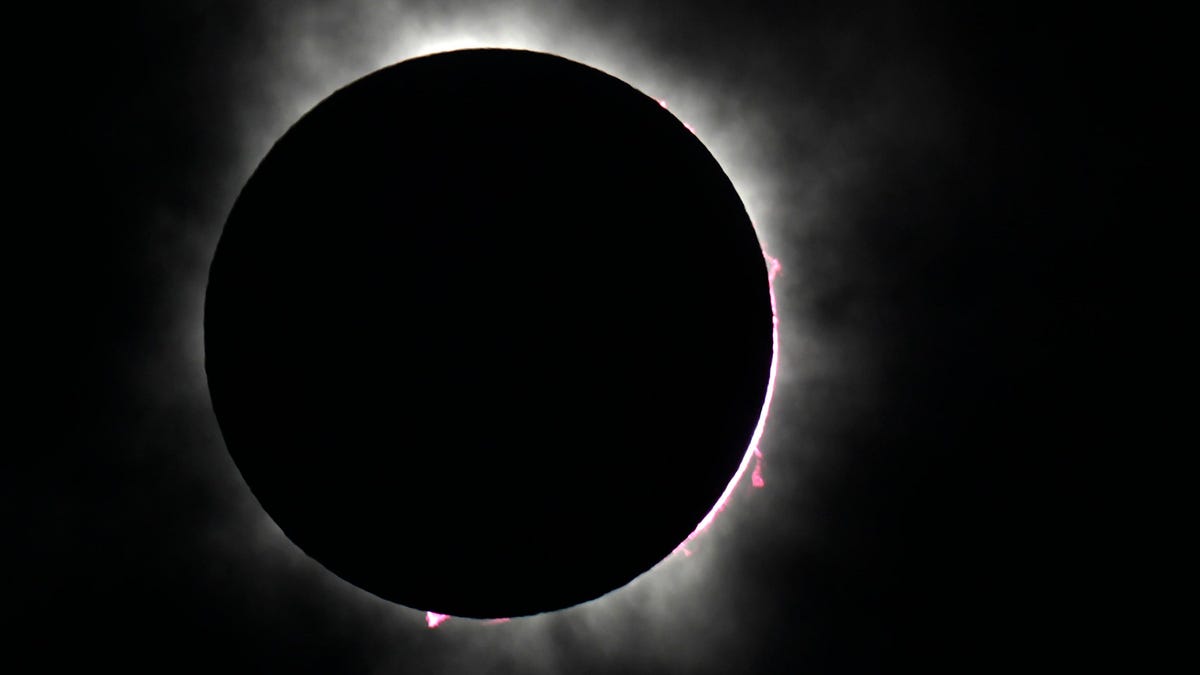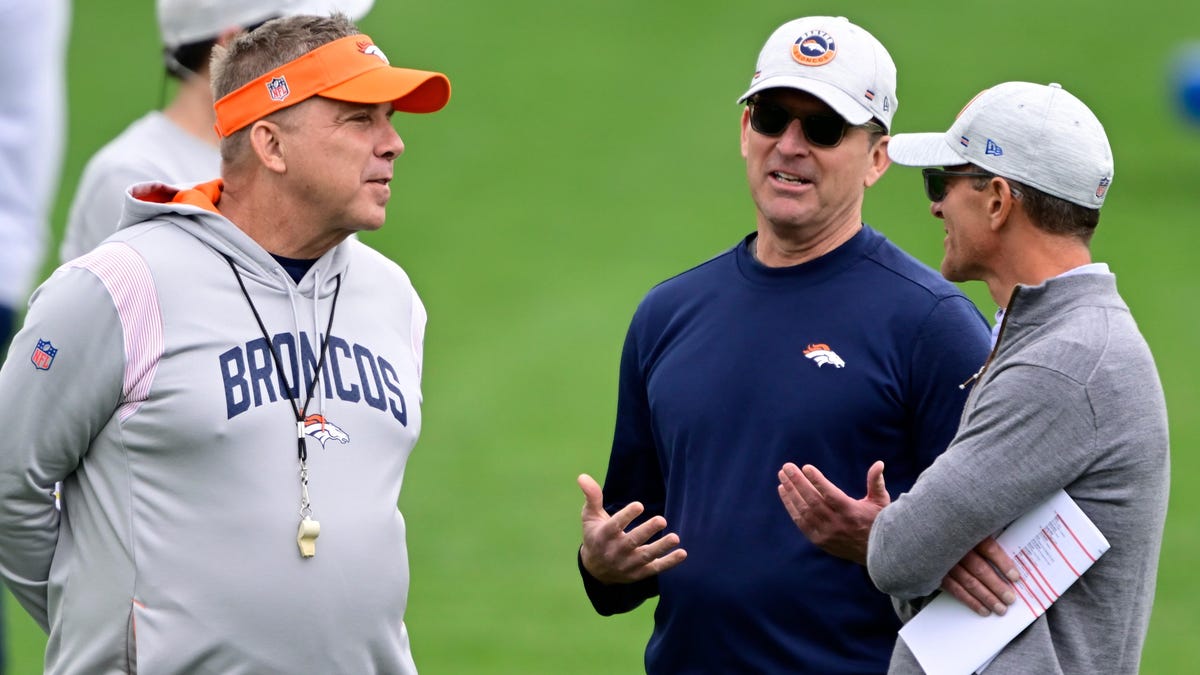Counterfeit Eclipse Glasses Pose Risk to Public Safety
Following the highly anticipated solar eclipse on April 8th, the Moorestown Library in New Jersey issued an urgent warning regarding potential counterfeit eclipse glasses distributed to its patrons. In a statement posted on their Facebook page, the library revealed that the glasses, purportedly purchased from Walmart.com and manufactured by the approved brand Medical King, may in fact be fake.
The library’s message urged individuals to refrain from using the suspect eclipse glasses and issued an apology for the potentially hazardous oversight. Concerned about the safety of their patrons, one Facebook commenter shared their dilemma of being quoted a staggering price of $1200-$1500 by a testing lab for verifying the authenticity of their glasses, emphasizing the gravity of the situation.
Public Health Concerns
The Great North American Solar Eclipse, which mesmerized millions across the US, Canada, and Mexico, brought into focus the importance of using genuine eclipse glasses to safeguard against permanent eye damage. While the allure of witnessing this celestial event was undeniable, the ill effects of gazing at the eclipse without proper eye protection cannot be overstated.
Amidst reports of fake eclipse glasses infiltrating the market, the American Astronomical Society’s Solar Eclipse Task Force raised a red flag in March, warning consumers about the proliferation of counterfeit products falsely masquerading as legitimate protective eyewear. This cautionary advisory aimed to educate the public about the dangers posed by substandard eclipse glasses.
Furthermore, the Illinois Department of Public Health took decisive action by recalling eclipse glasses sold through Amazon and various retail outlets in the state, underscoring the imperative of ensuring public safety during astronomical events.
Health Implications and Post-Eclipse Fallout
As the Moon passed over the Sun, social media platforms buzzed with complaints of eye discomfort and pain post-eclipse. Online searches for symptoms such as “my eyes hurt” and “why do my eyes hurt” surged in the aftermath of the solar spectacle, reflecting a heightened awareness of potential eye injuries attributable to inadequate eye protection.
With approximately 100 reported cases of eclipse-related retinopathy following the 2017 solar eclipse, documented across the US and Canada, the risks associated with viewing these phenomena without proper safeguards remain a pertinent issue. However, the exact toll of the most recent eclipse on public eye health is yet to be quantified, underscoring the ongoing importance of promoting awareness and vigilance surrounding solar viewing safety protocols.
Image/Photo credit: source url





